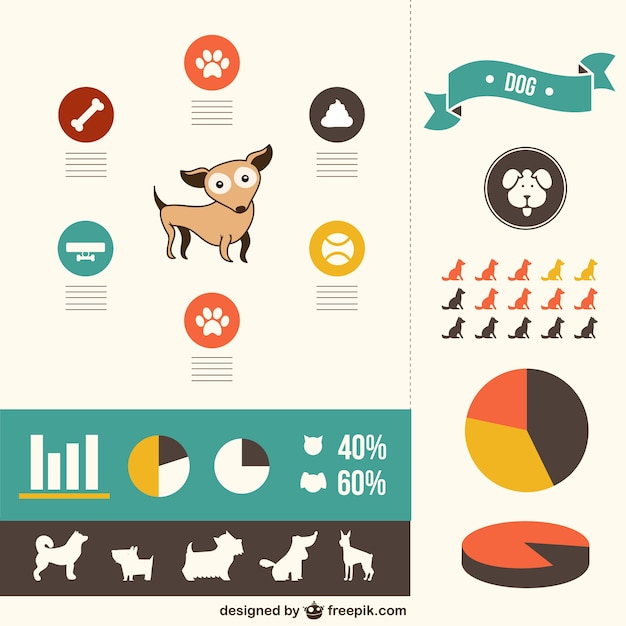Dog Daycare Vs Crate Training
Dog Daycare Vs Crate Training
Blog Article
Can Pet Daycare Cause Ailment?
Pet dogs in day care receive great deals of workout, socialization with other pets and special experiences. This can be especially valuable for puppies and pets with behavior issues.
There are several legal considerations you require to think about when starting a doggy daycare service. These consist of the framework of your business and compliance with government guidelines.
1. Pooch Distemper
Canine distemper is spread out through direct contact with the physical liquids and waste of an infected pet dog, yet it can additionally be transmitted through common water and food bowls or via airborne droplets. This extremely transmittable illness is most dangerous for young puppies, however it can affect pet dogs of any kind of age and is deadly for most if left neglected.
Preliminary signs of canine distemper typically mimic a cold, including drippy eyes and nose with watery or pus-like discharge. As the illness proceeds, a pet will develop fever, coughing, minimized cravings, throwing up and looseness of the bowels. The infection can additionally attack the nervous system, leading to seizures, jerking and partial or total paralysis.
Respectable childcares lower direct exposure to infection by requiring inoculations, routine health examinations and comply with stringent hygiene procedures. If your puppy seems overly tired or limping, a day of rest may aid him recoup, yet you need to stay clear of taking him back to childcare till these signs and symptoms clear.
2. Kennel Coughing
Kennel coughing, additionally called infectious canine tracheobronchitis or Bordetella, is a highly contagious viral or microbial condition that influences the respiratory system system. It's generally moved with the exchange of saliva or air droplets that a sick dog exhales. Social pet dogs are at higher danger for infection due to their frequent communication with each other, such as when they play, share food or water, smell each other or just fulfill in a crowded setting like a pet park or childcare.
One of the most typical sign of kennel cough is a persistent and forceful coughing that seems like something stuck in dog overnight boarding near me the throat or retching. Frequently, canines will certainly cough up frothy white phlegm. If left unattended, a pet dog can establish pneumonia and go to significant danger forever.
A credible day care facility should have strict cleansing and cleanliness protocols, disinfect all playthings, food and water bowls frequently, and be open about their vaccination plans. Keeping your dog approximately day on their vaccinations, specifically for bordetella and canine flu, will considerably minimize their chances of getting the health problem.
3. Parvovirus
Canine parvovirus, or parvo, is an extremely contagious viral illness that can be dangerous for young puppies and young adult pet dogs with poor immune systems. It's most generally spread by direct contact with infected canine feces-- which can happen when pet dogs sniff, lick, or preference infected feces-- and indirectly from contaminated individuals, items, or environments (like kennels, brushing rooms and grass). Young puppies and pets without total vaccination backgrounds are especially vulnerable to parvo.
The virus is exceptionally durable, surviving in the atmosphere for up to 9 years, and can easily be moved between pets by get in touch with through feces or on footwear, clothing, and bed linen polluted with parvovirus. Otherwise treated quickly with IV fluids, electrolyte equilibrium, vomiting control drugs and prescription antibiotics to stop additional microbial infections, a pet dog will swiftly dehydrate and create serious looseness of the bowels, which results in shock and blood poisoning. Parvo is challenging to heal when a pet has come to be ill, but with proper veterinary treatment, many young puppies do endure this disease.
4. Pooch Influenza
Dog influenza virus is very contagious and spreads via direct get in touch with, sharing food and water bowls, licking or nuzzling various other canines, via airborne beads, and via contaminated surface areas. Vaccination is effective in lowering the risk of infection and break outs.
Most impacted pets develop a moderate respiratory system infection with a cough that lasts 1-3 weeks. They might additionally have nasal and ocular discharge, sneezing, and sleepiness. Several of the most severe cases lead to pneumonia and a high fever.
If your pet dog exhibits any one of these signs, do not bring them back to childcare until they are healthy. If your pet is showing signs of extreme exhaustion or hopping, speak with your veterinarian today and ensure they are on healthiness supplements to help build their resistance. A vet will assess your pet dog for symptoms of the flu by taking an example from the nose or throat, and blood examinations can be done to confirm.